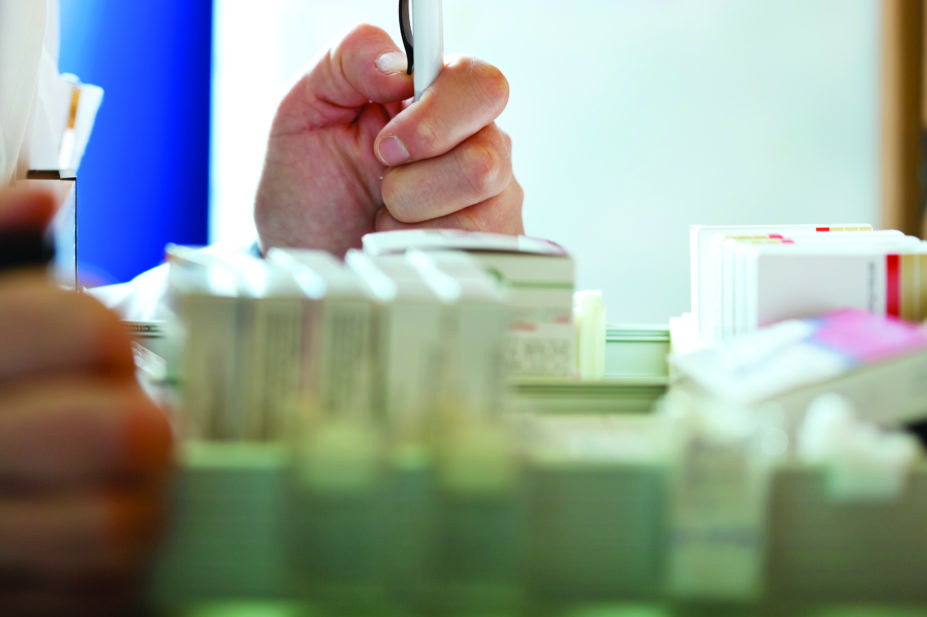
Shutterstock.com
A pilot study has found that medicines optimisation by community pharmacists has the potential to save clinical commissioning groups (CCGs) thousands of pounds.
Bath and North East Somerset (BANES) CCG enrolled five community pharmacies and asked them to look for opportunities to optimise patients’ medications — for example, by not dispensing unwanted items or by changing the form from liquid to tablets. This activity was then reviewed and either approved or rejected with a CCG-employed practice support pharmacist.
During the eight-week pilot, the participating community pharmacies identified 120 opportunities for medicines optimisation, which equated to £15,421 of annualised savings. So far, £9,396 worth have been actioned, £2,498 were rejected and £3,528 are still awaiting review.
Based on a community pharmacy professional fee of £30 per actioned suggestion, the CCG calculates that for every pound invested in community pharmacy, it makes a saving of £4.50. BANES also notes that the annual saving per actioned suggestion — at an average of £136 — will continue to accrue in subsequent years without further community pharmacy fees.
The CCG said it initiated the pilot to cut down spending on wasted medicine. Examples of actions that could be taken included reducing prescribed quantities or frequencies to synchronise with other medication, changing expensive specials to drug tariff lines or merging medications into one. The most common suggested change was to remove a medication, which accounted for 40% of all recommendations.
BANES CCG has said it now plans to expand the project from five to 15 pharmacies and provide additional disease-specific medicines optimisation training for community pharmacists.


